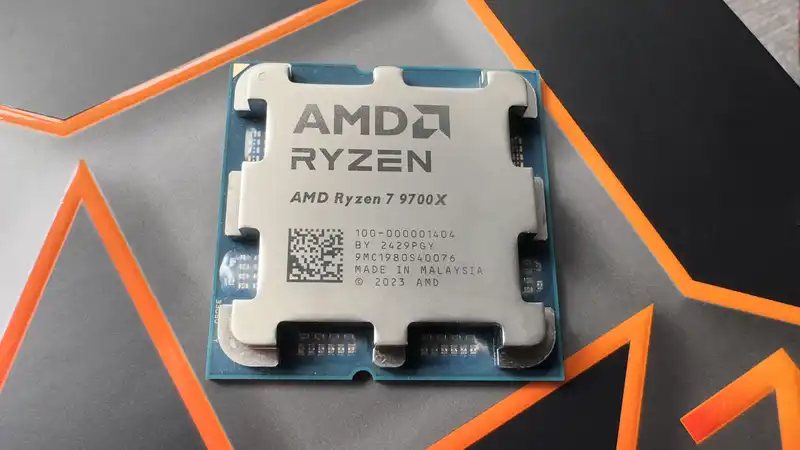The recently launched AMD Ryzen 5 9600X and Ryzen 7 9700X are the latest in a long line of... Indifferent? Indifferent? Indifferent? Typical of these Zen 5 architecture chips is perhaps the “Zen 5%” meme, referring to a mere 5% (or so) improvement in performance. It is not that these new chips are bad; on the contrary, they just don't perform well enough for the cost.
At least whatever Mindfactory's sales numbers (via TechPowerUp) are, it is not surprising to hear that they are not selling very well. As of this writing, the website states that it has sold “over 20” 9600X SKUs and “over 30” 9700X SKUs.
There could be many reasons for these low sales numbers: one is that these CPUs have only been on the shelves for a few days and people are still waiting for more. X3D refers to the 3D V-Cache found in the AMD Ryzen 7 7800X3D, the best gaming CPU available today.
We can also expect to see the arrival of the next generation of Intel chips (codenamed Arrow Lake). According to the latest rumors, these 15th generation Intel chips could consume up to 100W less power at higher frequencies than the 14th generation chips (this is a ray of sunshine in a dark time for Intel, given the stability issues of the 13th/14th generation). [because whatever about the 9600X and 9700X, at least the efficiency is high. Nick tested these 65W TDP chips and found that both conserve power and cool well under load. [The 9700X in particular appears to be the better value chip, as it has two additional cores versus the 9600X's six-core layout; while the 9600X underperforms the Intel Core i5 14600K under multithreaded workloads, the 9700X still lags behind but performs better, and even better in real-world use cases such as photo editing. The two more cores probably contributed to the higher (but still low) Mindfactory sales figures for the 9700X.
The real problem with these two chips, however, is their cost. Yes, the $279 and $359 MSRPs of the Zen 5 chips are technically slightly less than the MSRPs of the Ryzen 5 7600X and Ryzen 7 7700X at launch. However, they are now much more expensive than these chips. Right now, you can get the 7600X for $195 and the 7700X for $265 on Amazon. And these chips are not much worse than the current generation alternatives.
The question is, why would anyone choose to pay that much for a “Zen 5%” performance increase, especially when even more next-generation chips should be right around the corner?
One also can't help but wonder how much damage Intel's stability issues are doing to consumer confidence in chips in general. Perhaps (and this is highly speculative), there are those who doubt that they can trust a new or largely untested chip, thinking that it will simply degrade and fail further down the road.


Comments